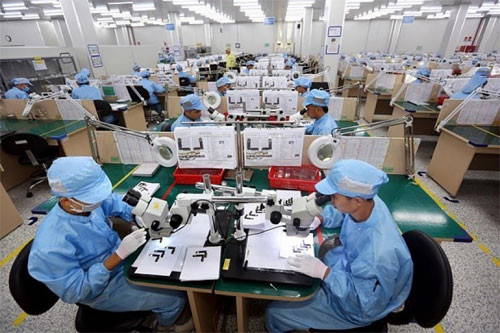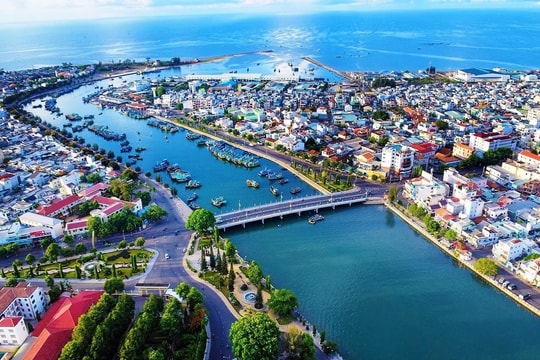 |
The most recent resurgence of COVID-19 has been brought under control in short order, with no new breakout expected for the best part of this year. Thanks to that, domestic economic activities will continue to recover and comply with the new normal of the global economy, where sporadic, small-scale resurgences are expected by the VEPR.
Consequently, the impact of COVID-19 will be felt less serious across economic sectors than in 2020, resulting in an estimated GDP growth rate of 5.6-5.8 per cent.
However, under a more pessimistic scenario, the local economy will see larger disruptions by the health crisis, resulting in slower economic growth of 1.8-2 per cent. The scenario includes continued travel restrictions and prolonged difficulties for catering and accommodation services.
The VEPR's policy recommendations warned Vietnam not to follow other nations’ macro policies such as loosening monetary policy to mitigate prolonged budgetary deficits. Furthermore, preventing COVID-19 and ensuring social welfare are also setting a burden on national budgets.
However, the current priority should remain to assure social security, stabilise the business climate, lessen the pressure on businesses which have temporarily halted operations, and support those that are still operational.
In particular, social security policies should provide more support for labourers working in the informal sector because this group makes up a sizeable portion of the population and are more vulnerable to the crisis, while also having the hardest time accessing welfare packages.
Source: VIR




















.jpg)




.jpeg)

.jpeg)


.jpeg)

